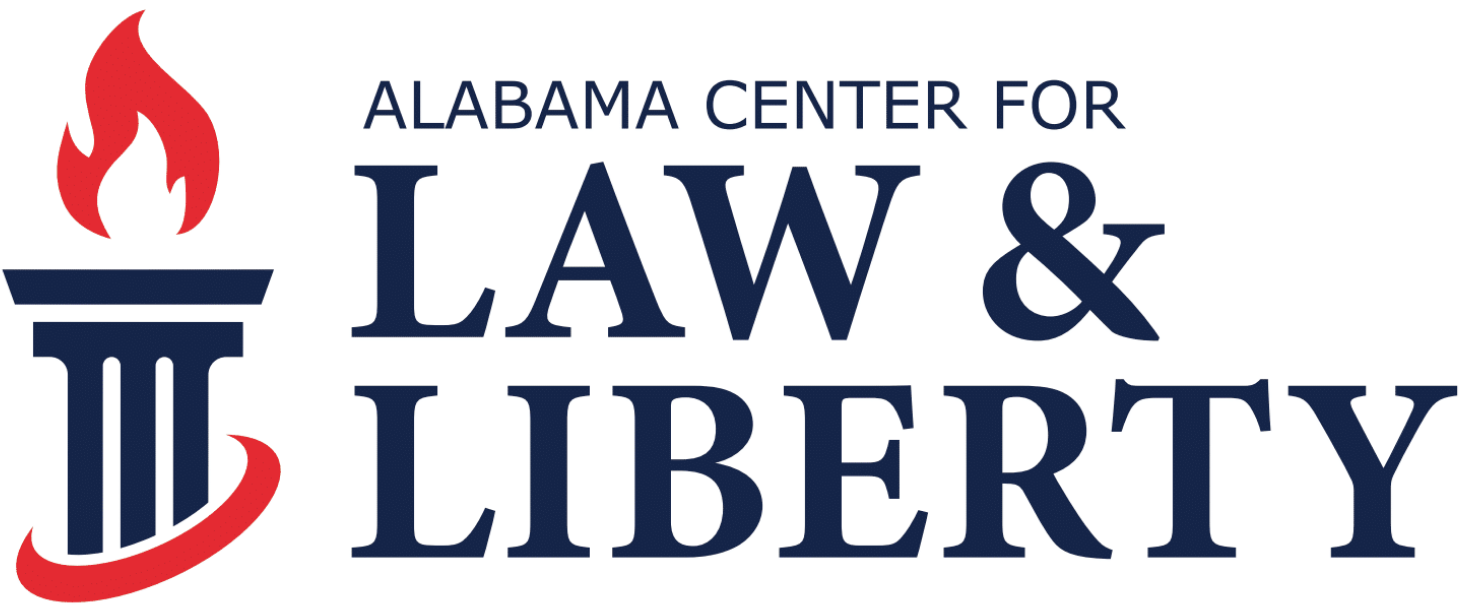FOR IMMEDIATE RELEASE
BIRMINGHAM, AL — On Monday, June 27, the United States Supreme Court ruled 6-3 in favor of Joe Kennedy, a former public high school football coach who was fired for praying at the 50-yard line after games. In the process, the Court took the opportunity to address the heart of the matter: whether the Establishment Clause of the First Amendment forbade Coach Kennedy from praying. The Court held that it did not.
Matt Clark, the President of the Alabama Center for Law and Liberty (“ACLL”), said, “The Establishment Clause of the First Amendment was originally intended to do two things: prevent the establishment of a national church (like the Church of England), and prevent the government from using force to make people worship in a certain way. But since the 1940’s, the Supreme Court has butchered the Establishment Clause to mean that the government or its agents cannot acknowledge God, even if it does so in a noncoercive way.”
In 1971, the Supreme Court summarized its precedents on the matter in Lemon v. Kurtzman. In a rule known as the Lemon test, the Supreme Court held that in Establishment Clause cases, the government (1) must have a secular purpose, (2) neither advance nor inhibit religion, and (3) must not foster an excessive entanglement with religion. In the late 1980’s, the Court also began asking whether the government was “endorsing” religion. The Lemon test and the endorsement test did not comport with the Establishment Clause’s original meaning.
But today, the Court held that the Lemon test and endorsement test’s “abstract, ahistorical approach to the Establishment Clause became so apparent” that the Court “abandoned” them long ago. Instead, the Court held that “the Establishment Clause must be interpreted by reference to historical practices and understandings.”
ACLL filed an amicus brief in this case arguing that Lemon and its progeny should be abandoned and that the Court should focus on history. Many of the other amicus briefs focused on other issues, leaving ACLL as one of the few that focused mainly on the Establishment Clause. Today, the Court agreed with ACLL’s arguments.
“Although the Court had been steering away from Lemon and the endorsement test for the last 17 years, the lower courts and the Country were unclear as to whether they were still in effect or not. Today, in a decision that would have made the First Amendment’s architects proud, the Court unequivocally declared that Lemon and the endorsement tests have been abandoned and that history should guide the courts’ inquiries from now on. This is a great day for the rule of law and for the inalienable right to acknowledge God.”
ACLL is a conservative nonprofit legal organization based in Birmingham, Alabama, and it is the litigation arm of the Alabama Policy Institute. For more information, visit ACLL’s website at www.alabamalawandliberty.org.


